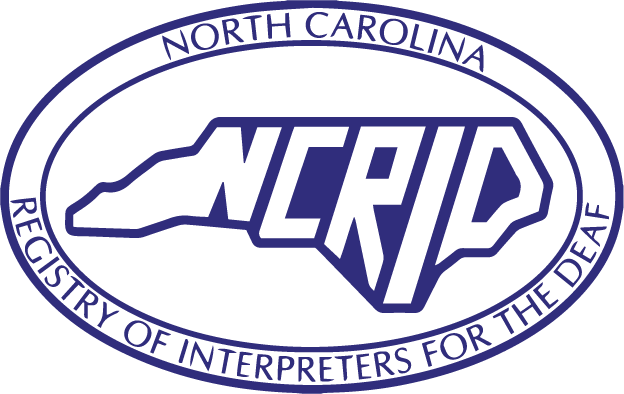Presenters: Dr. S. Jordan Wright and Hayden Orr
Click here to learn more about Dr. S. Jordan Wright!
Click here to learn more about Hayden Orr!
Description: Is the lack of sexual health literacy among American Deaf individuals linked with the unpreparedness of Sign Language interpreters? In this study, we further analyze the high percentage of delayed care and morbidity rates within the American Deaf community as it correlates with the reported inability of Sign Language interpreters to communicate sexual health interlocution effectively. Further, we examine how interpreters report and demonstrate paternalistic attitudes which may subconsciously limit the decision-making schema and autonomy of Deaf clients. We conducted a series of remote focus groups with interpreters who have experience in sexual healthcare interpreting (N=11). The focus groups were conducted entirely in American Sign Language and later transcribed into written English.
We found the theme of unpreparedness for various medical situations to be an overarching phenomenon. We also note that the second theme of horizontal violence is significant in which they would place the onus for a lack of knowledge upon other interpreters or Deaf clients, but rarely themselves or the hearing client (in this situation, often are Healthcare providers). Finally, the third theme of paternalism is salient in that many interpreters would claim that the most prominent issues are the Deaf patients' low health literacy; other interpreters' inability to interpret correctly “for this client” during previous appointments; and a deficit perspective of Deaf patients. Previous research focusing on Deaf healthcare accessibility shows that Deaf people in the United States have significantly lower health literacy than their hearing peers, are less likely to access the healthcare they need, and 7 times more likely to end up in the emergency room as a result of delayed care. This demonstrates that one of the most significant barriers to healthcare access can come from the frustrations of working with unqualified interpreters. The results of this study will help us understand how we can elevate the interpreting field in the United States as a preparatory response to various medical situations, while reducing paternalistic behaviors in Sexual Healthcare literacy.
Educational Objectives: Participants will be able to identify and articulate the following:
Paternalistic behavior
Health Literacy Skills
Opportunities for professional growth
Becoming an active ally
Target Audience: Interpreters/Para's
Workshop Style: Interactive (some audience participation but mostly lecture)
Language of Presentation: Signed ASL, with English interpretation.



